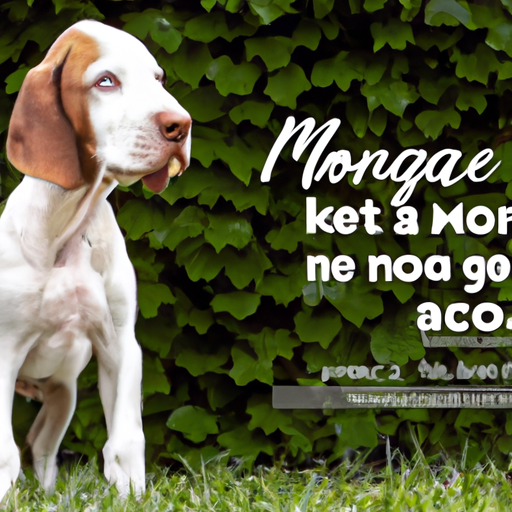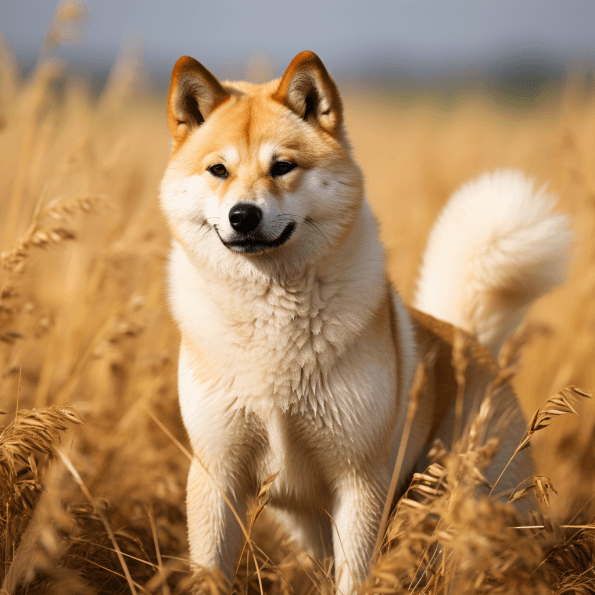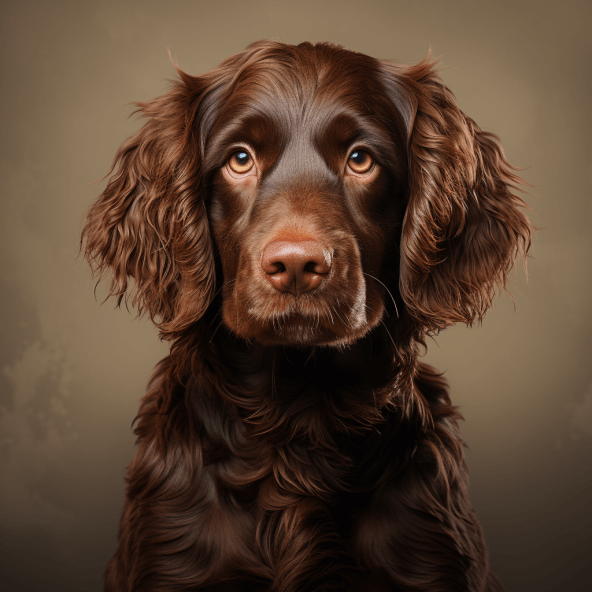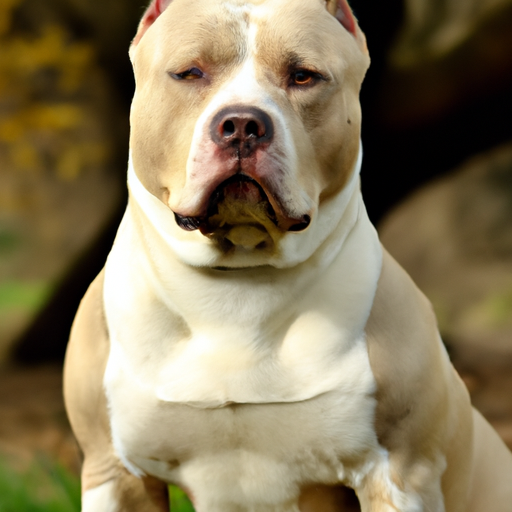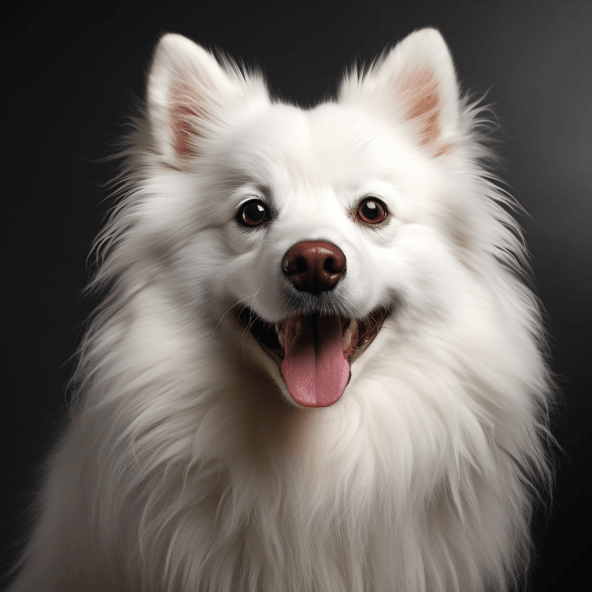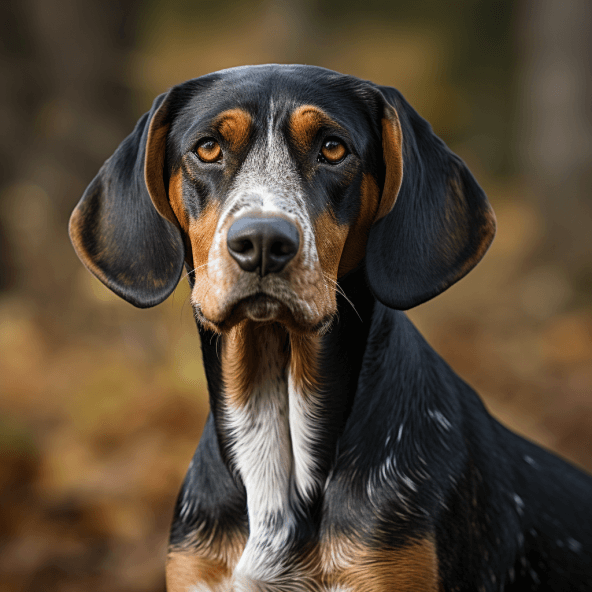Anglo-Français De Petite Vénerie
Embark on an engaging journey with the Anglo-Français De Petite Vénerie, a unique and distinct dog breed that is brimming with character and charm. Brought to the limelight with this campaign, the breed’s diverse range of noteworthy attributes and interesting quirks will captivate dog enthusiasts and animal lovers alike. This article will extensively cover all the critical information about the breed, including its key characteristics, behavior, care requirements, and health implications. Expect not just bland information, but also practical tips and essential nuggets of wisdom that will prove invaluable in your exploration of the Anglo-Français De Petite Vénerie breed. Prepare to be riveted by the vibrant world of this fascinating breed, and perhaps, it might just become your next favorite canine companion.
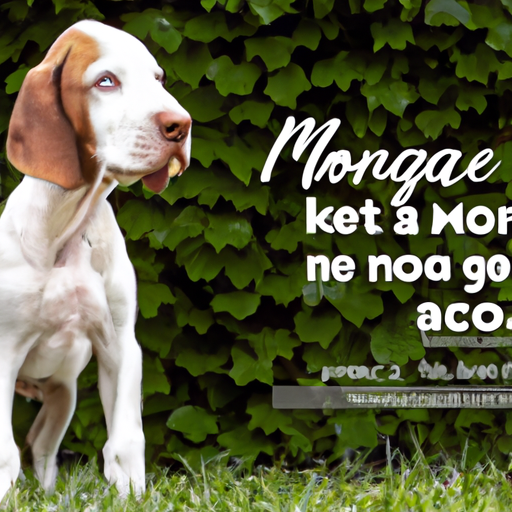
Origin of the Anglo-Français de Petite Vénerie
Historical Background
The Anglo-Français de Petite Vénerie has a long and esteemed history. Originating in France, this breed was initially created in the 16th century by crossing French scent hounds with English foxhounds. The primary aim? To produce a dog that was enthusiastic, resilient, and excelled in hunting small game, particularly hare and roe deer.
Area of Origin
As you might have guessed from the name, the Anglo-Français de Petite Vénerie originated in France, where it was highly prized by royals and noblemen. The breed’s exceptional hunting abilities made it a popular choice in the vast forests and hunting grounds scattered across the French countryside.
Link to Other Breeds
This breed shares a close connection with a variety of other hounds – especially the Anglo-French and French hounds used in its development. Its ancestry also includes the now-extinct “white hounds,” and experts believe the modern breed has been impacted by the Beagle and Harrier bloodlines.
Physical Characteristics of the Anglo-Français de Petite Vénerie
General Appearance
The Anglo-Français de Petite Vénerie carries a regal air, harboring a tangible nobility in its stance. Its body is muscular yet agile, perfectly indicating its hunting background. The breed’s eyes are dark and expressive, while its ears are set low, framing each side of its strong facial structure.
Size and Weight
On average, the Anglo-Français de Petite Vénerie stands at around 48 to 56 cm and weighs between 40 and 50 lbs. This midpoint size makes it a perfect companion for hunting small game, as it is small enough to be quick and nimble, yet large enough to be hardy and robust.
Coat and Colors
The coat of the Anglo-Français de Petite Vénerie is short and straight, making it easy to maintain. On top of this, these dogs predominantly exhibit a tri-color coat, usually black, white, and tan – the perfect camouflage for hunting in the wild.
Personality and Temperament of the Anglo-Français de Petite Vénerie
General Behavior
When it comes to behavior, the Anglo-Français de Petite Vénerie is nothing short of impressive. Showing endearing enthusiasm and integrity, these dogs are not just brave hunters but also lovable pets. They are known for their docile demeanor towards their human companions, contrasting their vigorous hunting instinct.
Interaction with Humans
Despite their hunting instinct, these dogs exhibit a well-balanced and respectable demeanor towards humans. They are affectionate and devoted to their owners, constantly seeking their love and attention. However, due to their driven character, they may not take well to being left alone for extended periods.
Interaction with Other Dogs
Given their hunting backgrounds, these dogs are used to working cooperatively in packs. Hence, they generally interact well with other dogs. However, keep in mind their strong hunting instincts; small pets may be seen as prey, and hence, introductions should be done with care.
Health and Lifespan of the Anglo-Français de Petite Vénerie
Common Health Issues
As purebreds, the Anglo-Français de Petite Vénerie may have particular health issues. Some reported ailments include hip dysplasia, different eye conditions, and ear problems due to their droopy structure.
Average Lifespan
This resilient breed usually has an average lifespan of around 12-15 years. However, the health and lifespan of any dog depend greatly on its diet, lifestyle, and genetics.
Important health check-ups
Regular vet check-ups will always be beneficial to the overall health and well-being of your Anglo-Français de Petite Vénerie. An annual physical, including blood tests, can help identify any potential health issues early. Moreover, regular eye and ear checks can help spot early signs of prevalent breed-specific ailments.
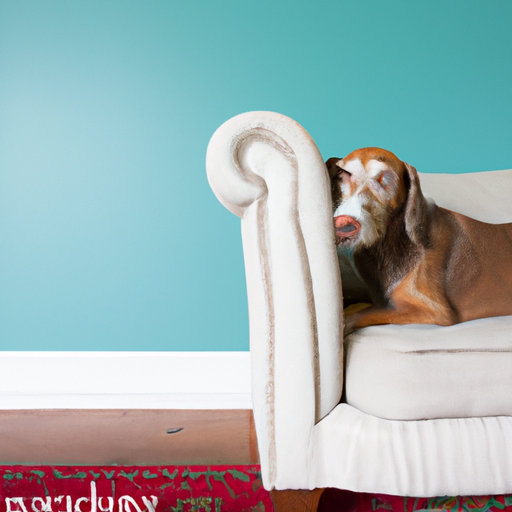
Grooming Needs of the Anglo-Français de Petite Vénerie
Frequency of Grooming
The Anglo-Français de Petite Vénerie boasts a relatively low-maintenance coat, requiring grooming only once a week. The breed is an average shedder, and regular grooming helps keep shedding under control and the coat in prime condition.
Specific Grooming Tips
While grooming, pay specific attention to the dog’s ears. Clean them regularly to prevent infections, given their susceptibility due to the breed’s characteristic droopy ears. Brushing their teeth and trimming their nails should also form an essential part of the weekly grooming routine.
Tools Needed for Grooming
A medium-bristle brush is perfect for managing the coat of an Anglo-Français de Petite Vénerie. Apart from that, ear cleansing solutions, a quality dog toothbrush and toothpaste, and a pair of dog nail clippers should be a part of your grooming arsenal.
Training the Anglo-Français de Petite Vénerie
Suitability for First-Time Owners
This breed might not be the best choice for first-time dog owners. They have strong hunting instincts and require an owner who understands how to harness this drive positively. Patience, consistency, and an understanding of hunting breeds are essential when handling this breed.
Training Techniques
The Anglo-Français de Petite Vénerie responds well to positive reinforcement techniques. Start training sessions early in their life for the best results. Keep training sessions diverse and exciting to maintain their interest.
Dealing with Behavioral Issues
Preventing behavior issues requires providing adequate mental and physical stimulation each day. As a hunting breed, they need to run and sniff around in a safe environment, which will help to decrease potential destructive behavior borne out of boredom or anxiety.
Exercise Requirements for the Anglo-Français de Petite Vénerie
Required Daily Exercise
To keep this breed happy and healthy, this dog requires at least an hour of vigorous exercise a day. This could be in the form of a long walk, a run, or even a game of fetch.
Recommended Types of Exercise
In addition to walking and running, this breed will enjoy games that involve their hunting instincts, like “hide and seek” with toys. They will also appreciate a good romp in a securely fenced yard.
Warning Signs of Inadequate Exercise
If not given enough exercise, your dog may show signs of boredom or anxiety such as destructive behavior, excessive barking, or chewing. Regular exercise is a must to keep these issues at bay.
Dietary Needs of the Anglo-Français de Petite Vénerie
Ideal Diet
This breed does well on high-quality commercial dog food overfill with proteins and balanced amounts of fiber, carbs, and fats. Adding some wet food with the dry kibble will help balance their diet, providing the necessary hydration and additional nutrients.
Known Food Allergies or Sensitivities
No specific food allergies or sensitivities are noted for this breed. However, monitoring your dog for any allergies or adverse reactions to certain foods is always recommended. Always consult with your veterinarian before making significant changes to your dog’s diet.
Feeding Schedule
Feeding your Anglo-Français de Petite Vénerie twice a day is ideal. The portions will depend on their size, age, metabolism, and activity level. Keep an eye on your dog’s weight and adjust serving sizes as necessary to prevent obesity.
Living Situation for Anglo-Français de Petite Vénerie
Compatibility with Families
These dogs are a perfect fit for active families. They are known to form strong bonds with their human companions and would make a loyal, energetic, and loveable addition to any household. However, due to their hunting instincts, they are not ideal for families with small pets.
Adaptability to Living Environments
The Anglo-Français de Petite Vénerie is a highly adaptable breed. They can adjust to various living environments as long as they have ample space to move around and frequent opportunities for exercise. They are not well-suited for apartment living due to their size and energy level.
Suitability for Multi-pet Households
While this breed is used to working in packs, their strong hunting instincts can make them a poor fit for households with small pets. However, with careful introductions and supervision, they can live peacefully with other dogs.
Adopting an Anglo-Français de Petite Vénerie
Availability
This breed is not commonly found outside of France, making them somewhat difficult to find. However, if your heart is set on an Anglo-Français de Petite Vénerie, have patience, and continue checking with breed-specific rescues and reputable breeders.
Expected Costs
The cost for an Anglo-Français de Petite Vénerie can vary greatly depending on the breeder and the individual dog’s lineage. Expect to also invest in good-quality dog food, regular vet visit costs, supplies like a bed and toys, and potential boarding or pet-sitting costs.
Finding a Reputable Breeder
When looking for an Anglo-Français de Petite Vénerie puppy, be sure to find a reputable breeder who breeds for health, temperament, and adherence to the breed standard. Reputable breeders will provide health clearances for the puppy’s parents, ensuring a healthier litter. Remember, adopting a pet is a long-term commitment. Take your time finding the perfect addition to your family.

